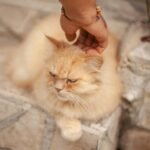Imagine coming home after a long, exhausting day, only to be met by a gentle, blue-eyed cat who seems to sense your every mood. The Ragdoll’s comforting gaze and calm presence can feel like a warm hug for your soul. But is it just your imagination, or do Ragdolls truly possess a unique kind of emotional intelligence that sets them apart from other cats? Let’s dive deep into the heart and mind of the Ragdoll cat, and discover whether this breed might just be the most emotionally intelligent feline companion you could ever hope for.
Understanding Emotional Intelligence in Cats

Emotional intelligence isn’t just something we talk about in humans anymore. In cats, it refers to their ability to recognize, respond to, and even influence the emotions of people and other animals. This means a cat with high emotional intelligence will sense when you’re feeling down, anxious, or joyful, and react in ways that might surprise you. Some cats seem aloof, while others, like the Ragdoll, often get described as almost “dog-like” in their empathy and awareness. Researchers are only beginning to scratch the surface of feline emotions, but what’s already clear is that certain breeds stand out. The Ragdoll’s reputation for understanding people’s feelings has sparked curiosity and admiration among cat lovers around the world.
Origins of the Ragdoll’s Personality

The Ragdoll breed was developed in the 1960s in California, and its creator, Ann Baker, claimed that these cats were bred for their docile and affectionate nature. Some even say the breed’s name comes from their tendency to go limp and relaxed when held, like a ragdoll toy. Early breeders specifically selected for gentle temperament and friendliness, shaping the Ragdoll’s personality over generations. Unlike some cats that are fiercely independent, Ragdolls were designed to be companion animals, thriving on human interaction. Their very origin story is rooted in human-feline emotional connection, laying the foundation for their reputation as emotionally intelligent cats.
The Ragdoll’s Famous Calmness

A big part of what makes the Ragdoll stand out is their legendary calmness. Whether there’s a thunderstorm outside or a new guest in the house, these cats rarely panic or lash out. Their laid-back attitude means they’re more likely to curl up beside you when you’re anxious, rather than run and hide. This calmness is more than just a personality trait; it’s a sign that they pick up on the emotional climate of the home and adjust their behavior accordingly. Owners often report that their Ragdolls seem to know exactly when they need comfort, quietly sitting beside them or purring in their lap. For many, this feels like emotional intelligence in action.
The Power of Eye Contact

One of the most mesmerizing things about Ragdolls is their deep, sapphire-blue eyes. But it’s not just about beauty; these cats use eye contact to communicate in ways that can feel almost human. When your Ragdoll locks eyes with you, it’s often a sign they’re tuned in to your mood. Gentle, slow blinks are the feline equivalent of a “hug,” and Ragdolls are famous for dishing them out generously. This simple act of eye contact can lower stress and build a sense of connection between cat and owner. Some people even say their Ragdoll seems to “read their mind” just by looking at them, strengthening the idea that these cats are unusually emotionally aware.
Affection Without Overwhelm

While many cats love affection, Ragdolls have a special talent for giving just the right amount. They often seek out cuddles and lap time but know when to give you space, too. If you’re busy or upset, a Ragdoll might gently sit nearby, offering quiet support without being demanding. It’s as if they have an internal barometer for their person’s emotional state. Unlike some breeds that can be clingy or distant, Ragdolls strike a perfect balance, making their companionship feel effortless and comforting. This careful attunement is a hallmark of emotional intelligence in animals.
Sensitivity to Human Voices and Tones

Ragdolls are known for their sensitivity to the voices of their humans. They often respond to gentle tones with purrs and head-butts, but will retreat or stay quiet if they sense tension or anger in your voice. Some owners report that their Ragdolls come running when they hear crying or laughter, as if drawn to intense emotions. This responsiveness shows that these cats aren’t just hearing words; they’re picking up on the feelings behind them. It’s a rare and precious trait in the cat world, and a sign that Ragdolls might be more in tune with us than we realize.
A Love for Physical Closeness

Unlike many independent breeds, Ragdolls crave physical closeness. They’ll drape themselves across your lap, nestle against your feet, or even stretch out on your chest while you watch TV. This need for touch goes beyond mere affection—it’s often a form of emotional reassurance, both for the cat and for you. When you’re sad or stressed, that warm, purring body pressed against yours can be deeply soothing. Ragdolls seem to instinctively know when their presence is needed, proving that their emotional radar is always on.
Gentle Playfulness and Empathy

Ragdolls aren’t just calm—they’re playful, too. But their play rarely involves scratching or biting. Instead, they prefer gentle games, like chasing a feather or softly batting at a toy. This gentleness extends to how they interact with people, especially children or those who are nervous around animals. A Ragdoll will often adjust their energy to match the person they’re with, making their playtime feel safe and inviting. This ability to “read the room” and respond accordingly is a strong indicator of emotional intelligence.
Bonding With Other Pets

It isn’t just humans who benefit from a Ragdoll’s emotional awareness. These cats often form strong bonds with other pets, including dogs, rabbits, and even birds. Their easygoing nature allows them to adapt to new animals with minimal stress. When another pet is anxious or unwell, a Ragdoll may approach with caution and kindness, offering gentle companionship. This knack for forming harmonious relationships with a variety of animals is a remarkable trait that sets them apart from more territorial breeds.
Adapting to Changes in the Home

Life is full of change—new babies, visitors, moves, or even just rearranging the furniture. Ragdolls generally handle these transitions with surprising grace. Their emotional intelligence allows them to pick up on their owner’s mood during stressful changes and offer a calming presence. Instead of hiding or acting out, they’re more likely to stick close, providing comfort through uncertain times. This adaptability is part of what makes them such beloved family pets, capable of helping everyone adjust to life’s ups and downs.
Handling Children’s Emotions
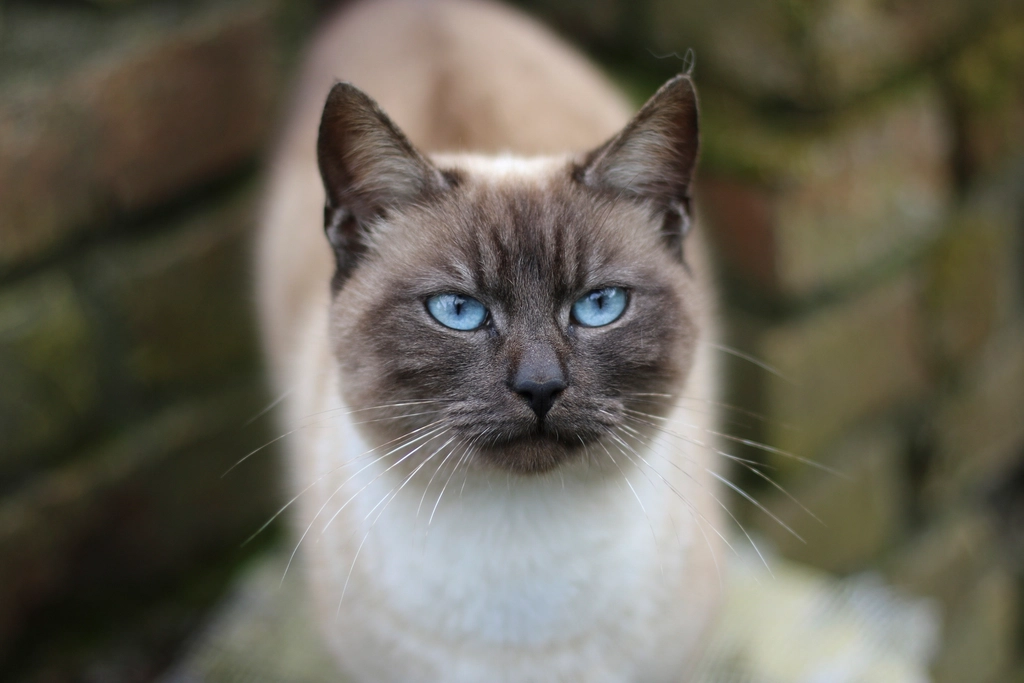
Anyone who’s raised kids knows that children’s emotions can be intense and unpredictable. Ragdolls are often recommended for families because they have an uncanny patience with little ones. They’ll tolerate gentle hugs, occasional tugs, and the noisy chaos that comes with kids. More importantly, they seem to sense when a child is upset or needs a friend, often curling up beside them or offering a soft paw. Their gentle, forgiving spirit can help teach children about empathy and compassion, creating bonds that last a lifetime.
Support for Anxious Owners
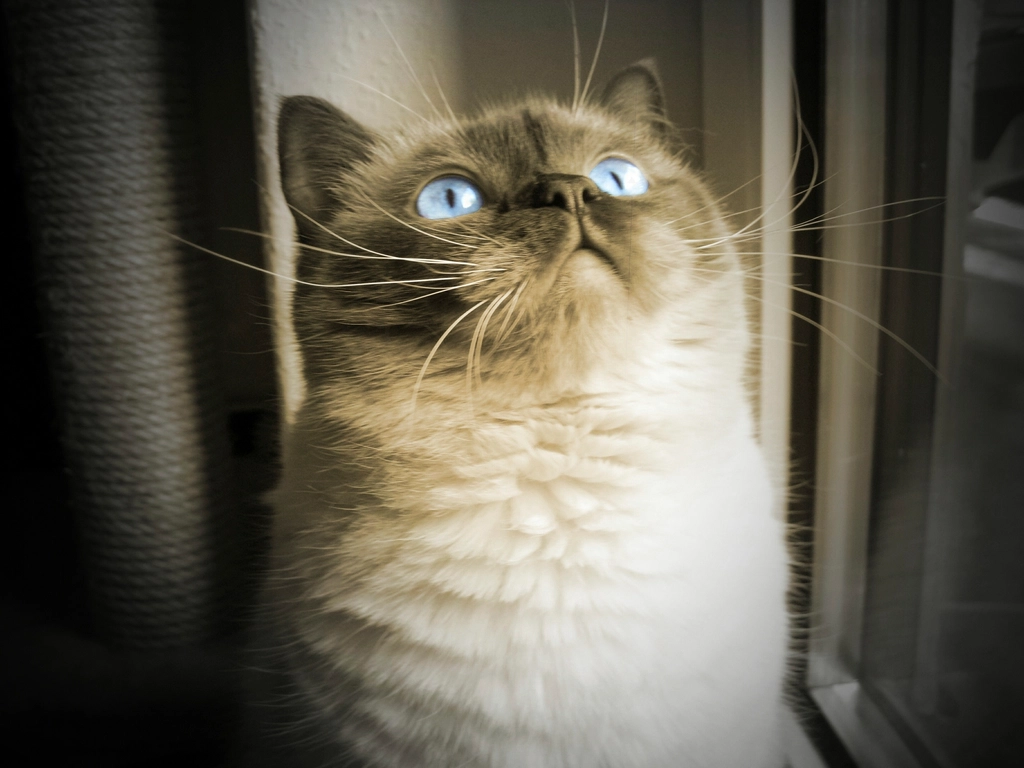
Many people who struggle with anxiety or depression find comfort in the company of a Ragdoll. These cats seem almost tailor-made for emotional support, offering companionship without judgment. When panic or sadness strikes, a Ragdoll will often sit quietly on your lap or press their face against yours, grounding you in the moment. Their steady presence and gentle affection can make a world of difference for those who need a little extra support. It’s not surprising that some professionals believe Ragdolls could excel as therapy animals.
The Healing Power of Purring
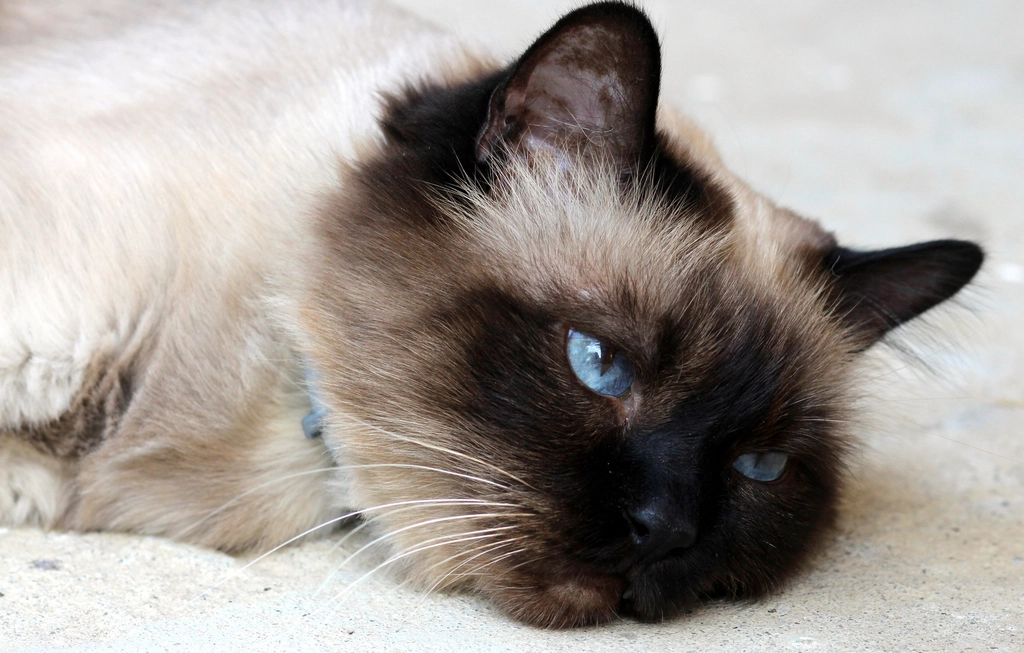
There’s something magical about a cat’s purr, and Ragdolls are known for their deep, soothing vibrations. Scientific studies have shown that a cat’s purr can lower blood pressure and reduce stress levels in humans. When a Ragdoll curls up beside you and starts to purr, it’s more than just a sign of happiness—it’s a form of emotional healing. Their purring is often described as a “soundtrack of comfort,” providing relief during tough times. For many owners, the healing power of a Ragdoll’s purr is proof of their emotional intelligence.
Responding to Illness or Injury
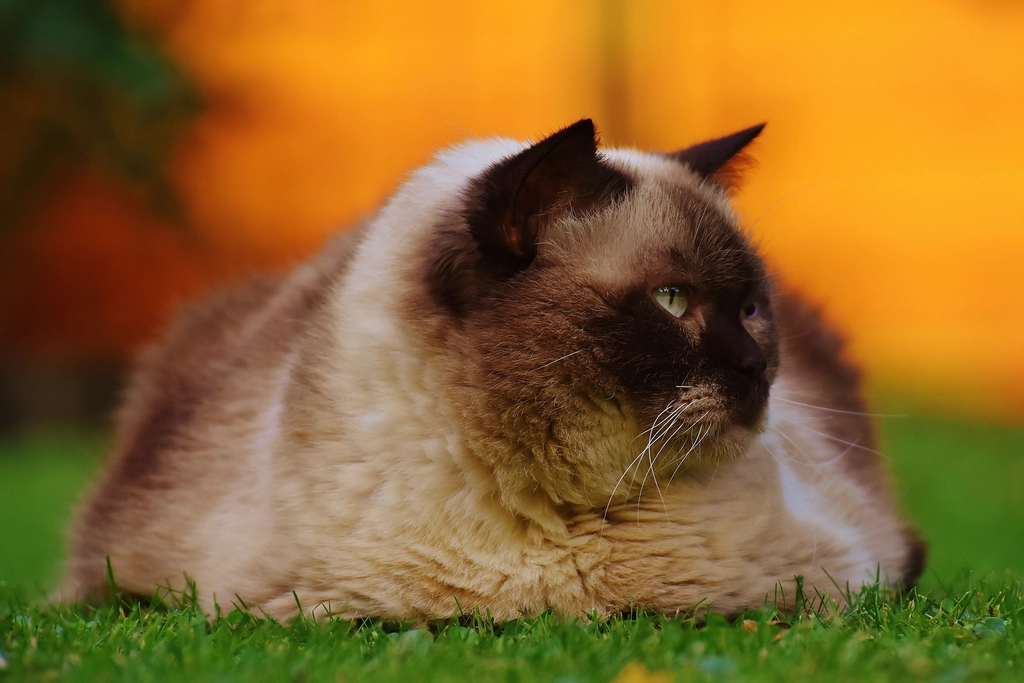
It’s not uncommon for Ragdoll owners to report that their cat acts differently when they’re sick or injured. These cats might become more attentive, staying close by or even trying to “nurse” their person back to health with extra snuggles. Some people believe that Ragdolls have a sixth sense for pain or discomfort, offering support when it’s needed most. Whether it’s scientific fact or just a sweet coincidence, their nurturing behavior during illness is a testament to their caring nature.
The Ragdoll’s Social Nature
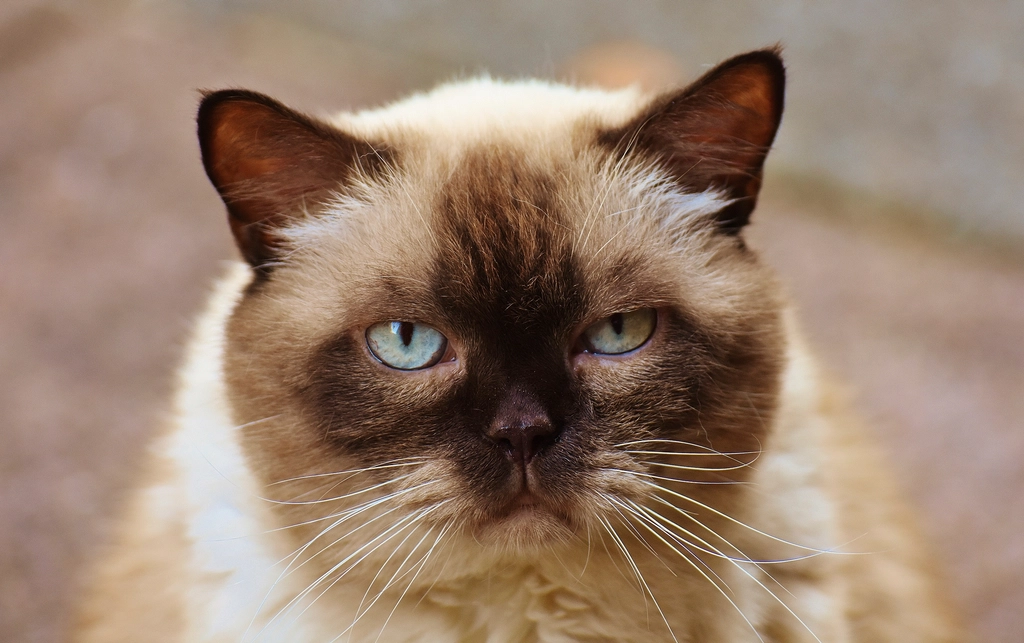
Ragdolls thrive on social interaction, both with people and with other animals. They’re seldom content to be left alone for long periods, preferring the company of their family. This social nature makes them more attuned to the emotional dynamics of the household. They’re quick to notice shifts in mood, changes in routine, or the arrival of new family members. Their desire to be involved in every aspect of home life is another sign of their emotional intelligence.
Learning and Adapting to Routines
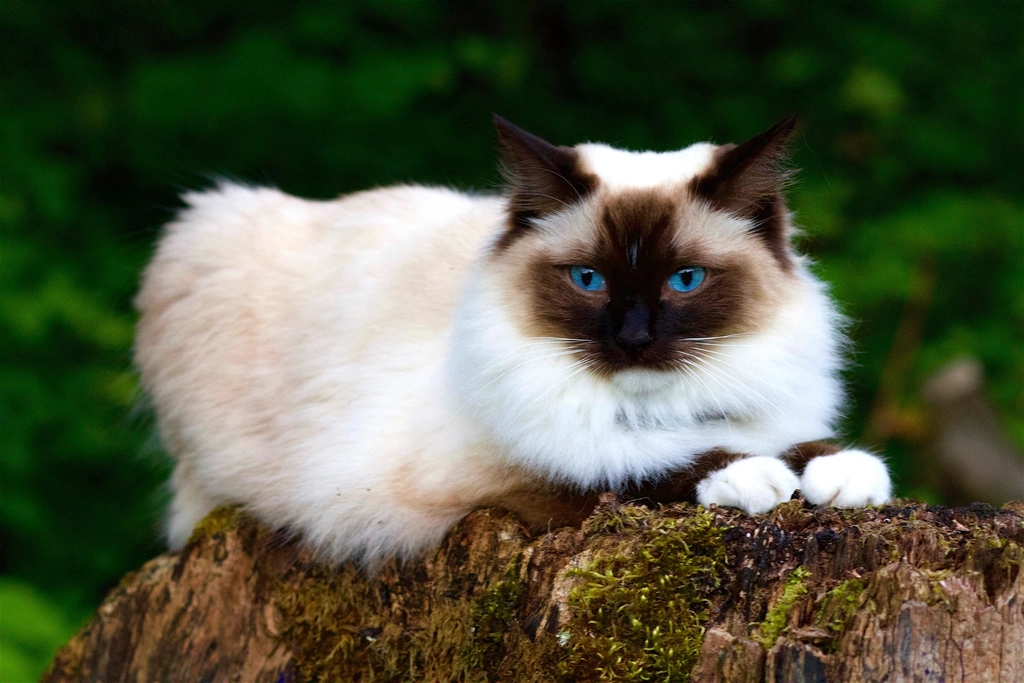
Ragdolls are surprisingly quick learners, especially when it comes to household routines. They’ll memorize feeding times, favorite napping spots, and even which family member is likely to play with them at certain times of day. When you’re running late or breaking from the norm, they might follow you around, as if to say, “Something’s different today—are you okay?” This awareness and adaptation to daily rhythms show a level of intelligence that goes beyond simple instinct.
Recognizing and Responding to Stress
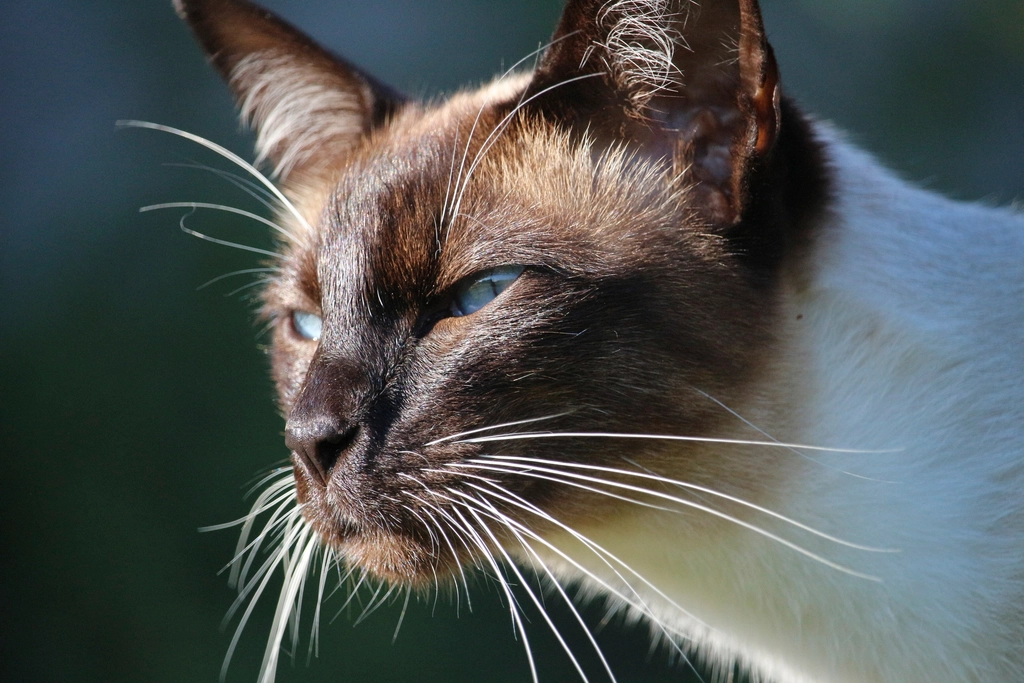
Stressful events, like loud noises or arguments, rarely go unnoticed by a Ragdoll. Instead of fleeing in fear, many will approach their owners, offering soft meows or gentle nudges. Their ability to recognize stress and respond with comforting behaviors is a big part of what makes them so special. It’s almost as if they’re trying to say, “I’m here, and you’re not alone.” This sensitivity is rare in the animal kingdom and a huge reason why Ragdolls are cherished by so many.
Unique Vocal Communication
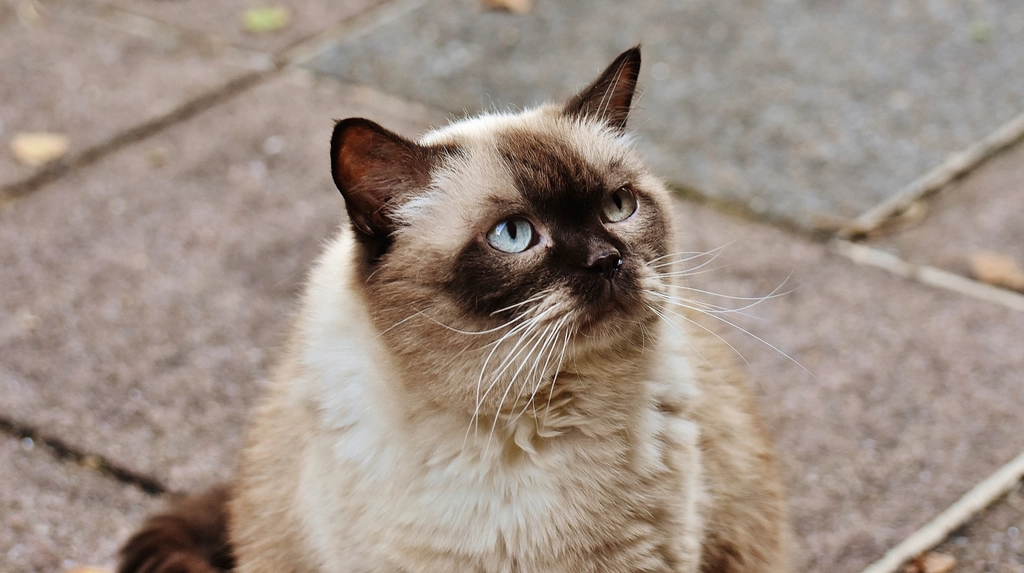
Ragdolls are not the loudest cats, but when they do speak, their voices are soft and sweet. They use a range of quiet chirps, trills, and purrs to communicate their needs and feelings. Owners often find that their Ragdoll’s vocalizations change depending on their own mood, becoming more insistent when they’re upset or more relaxed when things are calm. This subtle, responsive communication is just one more way these cats show their emotional awareness.
Trust and Vulnerability
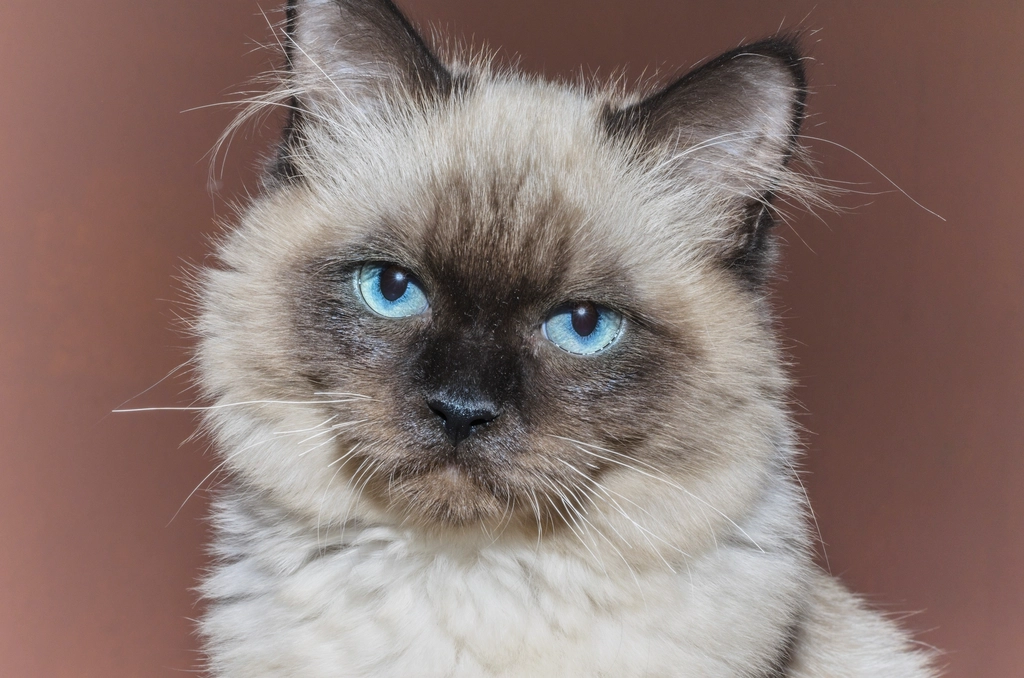
It takes a lot of trust for a cat to completely relax in someone’s arms, but Ragdolls are famous for going limp when picked up. This “floppy” behavior is more than just cute—it’s a sign of deep trust and emotional safety. By allowing themselves to be vulnerable, Ragdolls show that they feel secure and loved. This level of trust is a two-way street, deepening the emotional bond between cat and owner. It’s a powerful reminder of the connection that can exist between humans and animals.
Stories From Ragdoll Owners
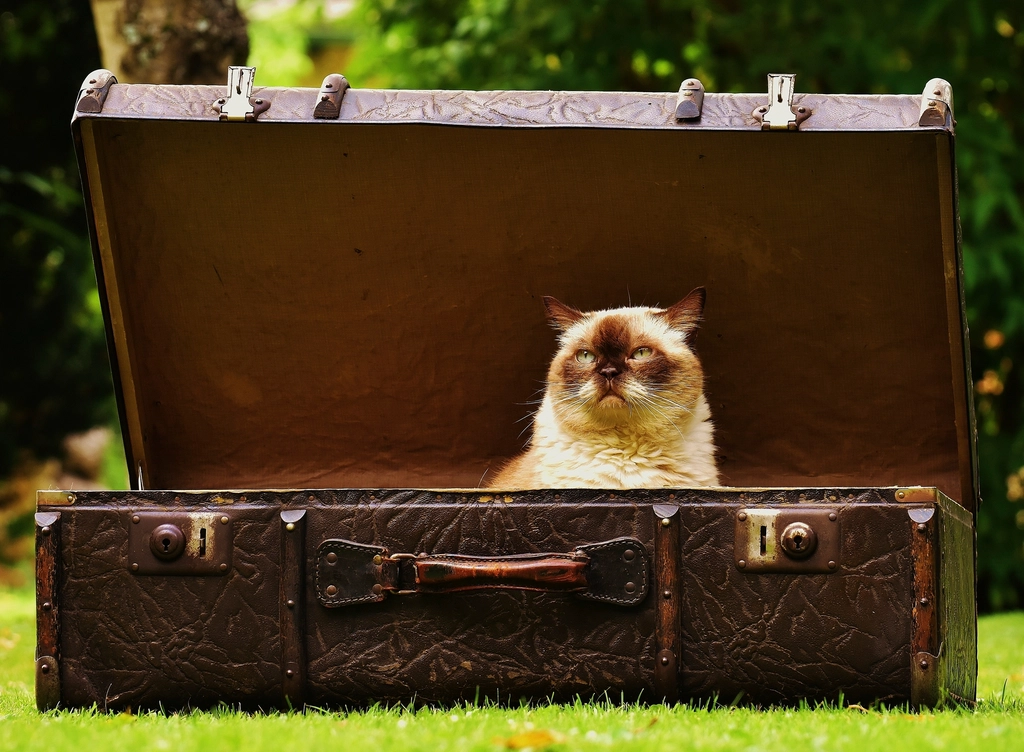
Ask any Ragdoll owner, and you’ll hear heartwarming stories of emotional connection. Some describe their cats comforting them during heartbreak, while others share tales of their Ragdoll sticking close during times of grief or celebration. One owner might recall how their cat gently curled up beside them during a sleepless night, while another remembers a Ragdoll “checking in” after a long, hard day. These personal anecdotes are living proof that Ragdolls are more than just pets—they’re true companions in every sense of the word.
The Ragdoll’s Lasting Impact

Living with a Ragdoll changes the way people think about cats. Their emotional intelligence, gentle spirit, and unwavering loyalty leave a lasting impression on everyone they meet. For families, singles, and anyone in need of a little extra love, the Ragdoll offers something truly special. As more people discover the unique gifts of this breed, it’s no wonder their popularity continues to soar. The Ragdoll’s emotional intelligence isn’t just a myth—it’s a daily reality for those lucky enough to share their lives with these remarkable cats.

Growing up traveling and experiencing new cultures and wonders, I have had a passion for nature, adventuring, photography, and videography. I am currently working towards a BSc in Biodiversity and Ecology at Stellenbosch University, and I hope to specialise in Marine Sciences one day.
Please send any feedback to Feedback@animalsaroundtheglobe.com



